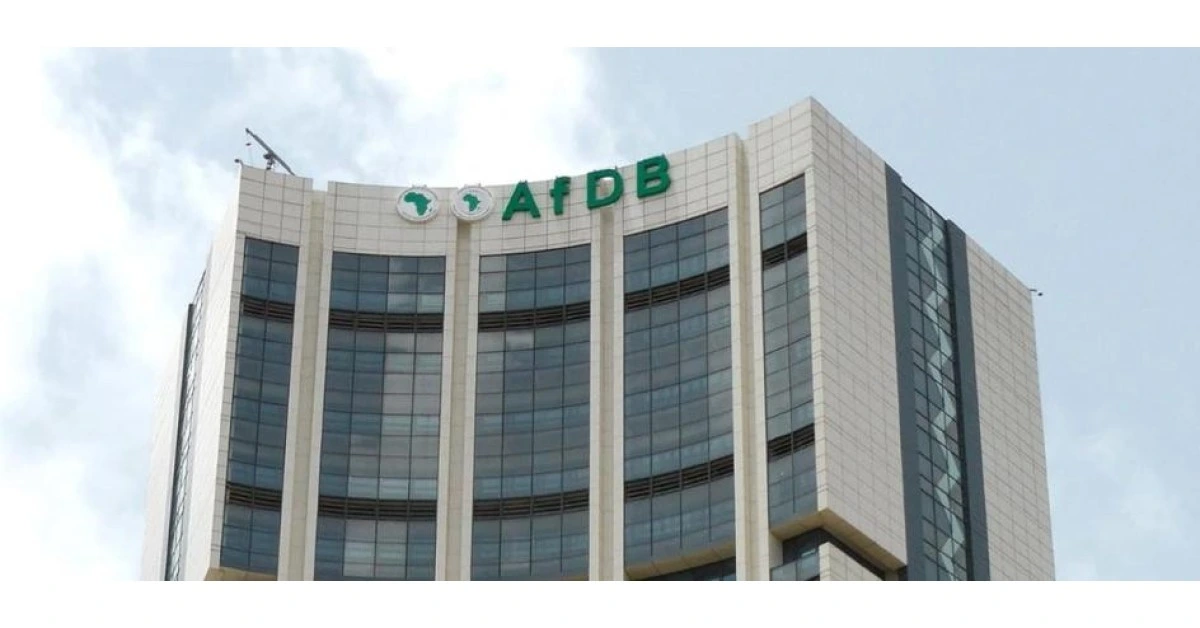
KENYA – The African Development Bank (AfDB) has fined Kenya KSh119 million due to prolonged delays in completing the East Africa Kidney Institute Centre of Excellence, according to Business Daily.
Initially launched in 2015, the project was backed by a KSh3.34 billion loan from the AfDB, with Kenya contributing KSh334 million in counterpart funding.
The facility was scheduled for completion by the end of 2019, but as of June 2024, it remains unfinished—nearly a decade since inception.
Over the years, commitment charges for undisbursed funds accumulated to KSh119,093,103. These charges could have been avoided had the project adhered to its original schedule.
By mid-2024, approximately KSh2.79 billion had been spent, with KSh777 million—roughly 23% of the original loan—still unused.
Despite this, the Kenyan government has already begun repaying the loan, yet citizens continue to await the intended health benefits.
Cost overruns and additional funding
Due to budget overruns, the Ministry of Health signed an additional loan agreement worth KSh2.18 billion, raising the total project cost to KSh5.5 billion.
This increase in funding was intended to cover extended construction, expansion of facility capabilities, and procurement of advanced medical equipment. However, the lack of efficient execution has drawn criticism and triggered further scrutiny.
Auditor-General Nancy Gathungu expressed concern over how the delays have hindered the delivery of essential healthcare services.
She noted the government’s failure to route counterpart funding through a designated project account, instead directing it to the Ministry of Health—a move seen as a violation of the loan agreement.
The AfDB’s decision to levy a fine signals its growing intolerance toward mismanaged infrastructure projects funded by development loans.
The hospital was envisioned as a specialized center capable of conducting at least 100 kidney transplants annually, significantly boosting Kenya’s nephrology and urology capabilities.
It was also expected to relieve pressure on existing health institutions, reduce patient wait times, and position Kenya as a regional hub for renal healthcare.
However, administrative inefficiencies, inter-agency coordination lapses, and logistical challenges have stalled progress.
Broader implications for healthcare and policy
AfDB officials underscored that such setbacks erode both developmental impact and public trust.
They emphasized that large-scale investments, especially in health, demand strict adherence to timelines to deliver real value.
The fine is part of the bank’s broader strategy to enforce accountability and deter delays in donor-funded infrastructure across Africa.
Kenyan authorities have acknowledged the delays and pledged to resolve the issues impeding project delivery.
Nevertheless, the penalty has reignited debate on governance, transparency, and public fund management in Kenya.
Critics argue that this may lead to more rigorous oversight and reforms in how the country handles international development financing.
XRP HEALTHCARE L.L.C | License Number: 2312867.01 | Dubai | © Copyright 2025 | All Rights Reserved